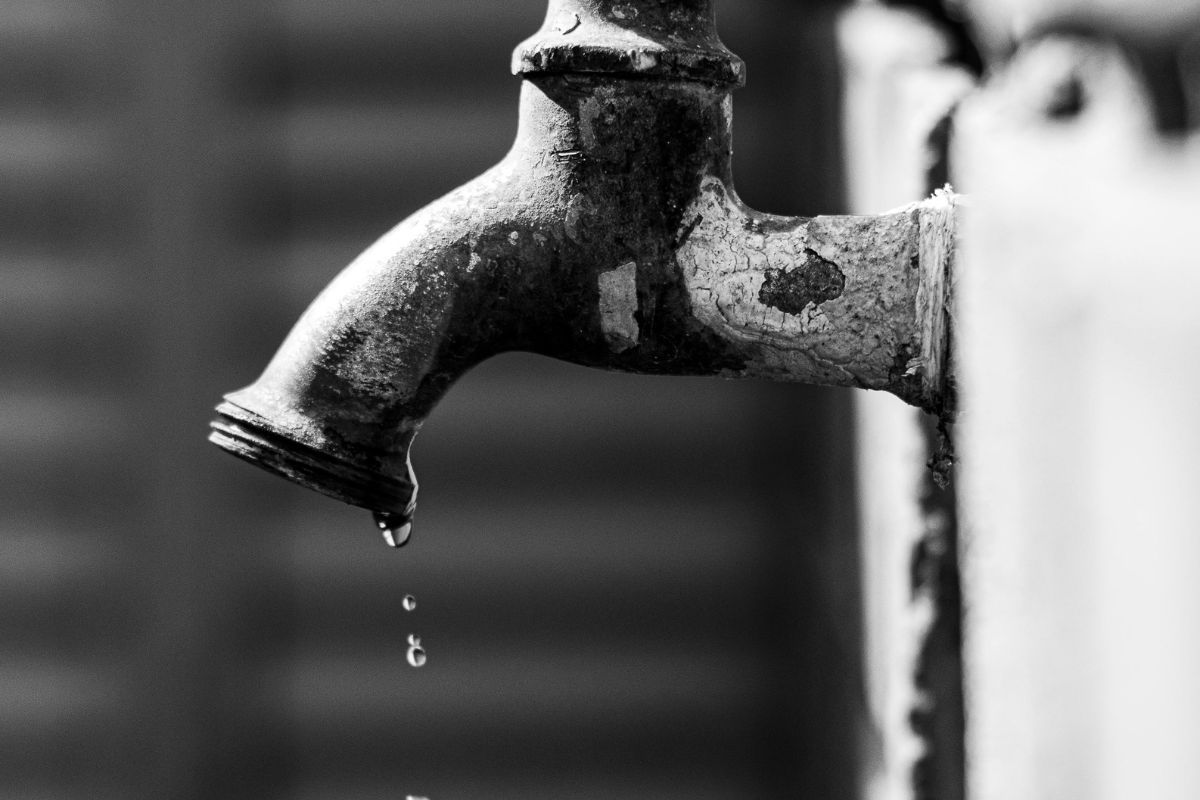The Department of Health says the presence of antiretroviral (ARVs) drugs in South Africa’s water systems shows that people are taking their life-saving medication.
However, it has also warned of serious risks linked to irresponsible wastewater treatment.
This follows the release of a report by the University of the North West, which found significant levels of ARVs – drugs that block the different stages of the HIV’s life cycle – in rivers and tap water, particularly downstream of wastewater treatment plants.
Health Department welcomes adherence but warns of untreated wastewater
Department of Health spokesperson Foster Mohale told IOL that the discovery reflected good ARV adherence among patients, but he stressed that stakeholders responsible for cleaning water must act with greater responsibility.
“The discovery is a net positive because it shows that people are taking the life-saving medicine,” said Mohale.
“But the responsibility lies with those who deal with wastewater. They need to find a way to address this issue.”
Mohale noted that poorly treated water poses serious health risks to the public.
He said the Department of Water and Sanitation (DWS) must ensure proper treatment of household wastewater before it re-enters the environment.
Study links ARVs in water to risks for aquatic life and humans
The research found that ARVs caused abnormal embryonic development in freshwater snails.
It also showed that the drugs disrupted vital bacteria-controlling viruses.
The presence of ARVs, the report warned, could interfere with metabolic systems across species.
The researchers also flagged potential health risks for humans, especially in areas where ARV levels exceeded acceptable thresholds in drinking water.
The study noted that humans could ingest these drugs or their breakdown products through tap water or aquatic organisms like fish.
DWS responds to report, pledges action
The Department of Water and Sanitation has acknowledged the findings.
Spokesperson Wisane Mavasa said municipal wastewater systems likely allowed ARVs to enter water sources.
She added these systems were not built to remove pharmaceutical compounds.
She said that the department would engage with the University of the North West, the Water Research Commission, and the Department of Health to discuss the findings and assess possible impacts.
Do you think South Africa’s wastewater treatment systems are doing enough to protect the public and environment?
Let us know by leaving a comment below, or send a WhatsApp to 060 011 021 1.
Subscribe to The South African website’s newsletters and follow us on WhatsApp, Facebook, X and Bluesky for the latest news.










